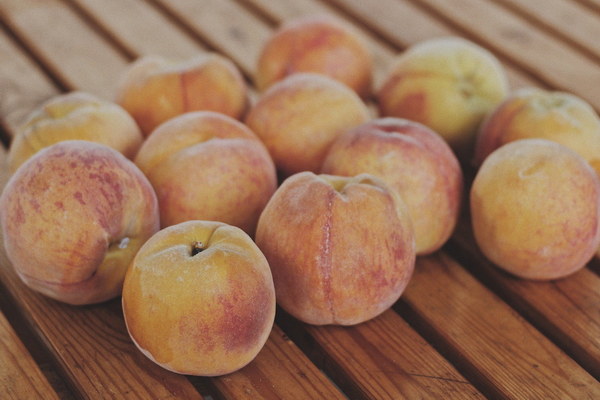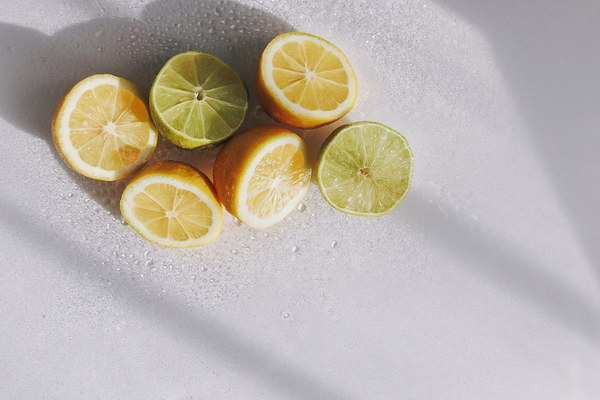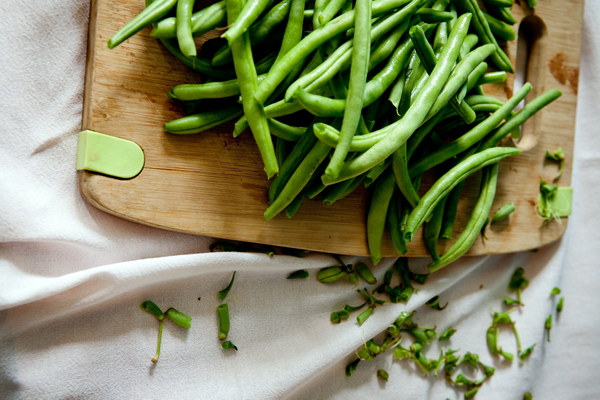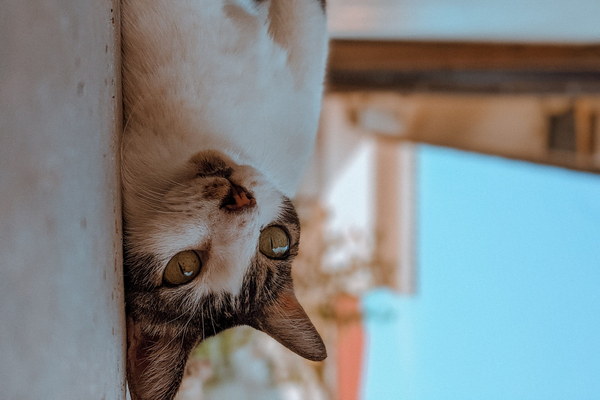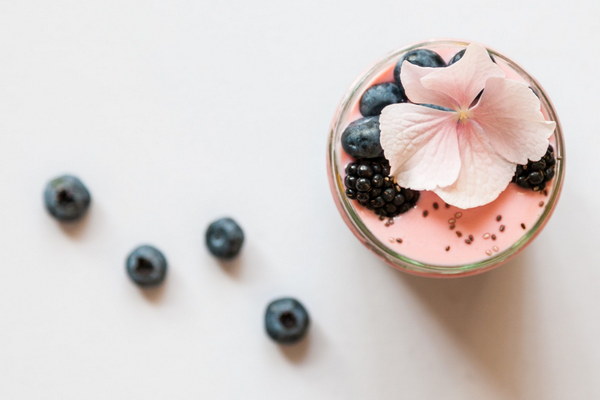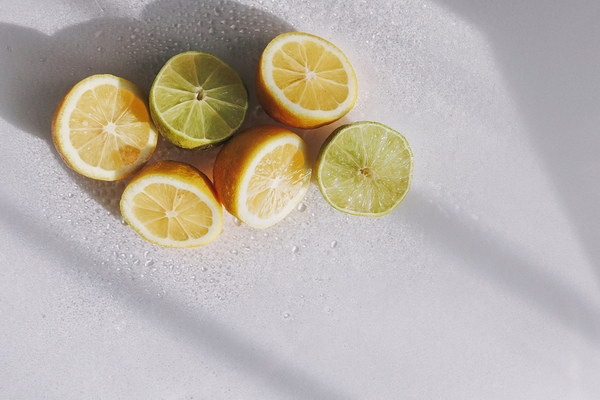Navigating the Wet and Phlegm A Comprehensive Guide to Traditional Chinese Medicines for Damp-Phlegm Syndrome
In Traditional Chinese Medicine (TCM), the concept of damp-phlegm syndrome is a common imbalanced state within the body that can lead to a variety of symptoms such as fatigue, weight gain, and respiratory issues. To address this imbalance, TCM utilizes a range of herbal formulas and remedies known as damp-phlegm clearing or dampness and phlegm reducing Chinese patent medicines. This article delves into the intricacies of damp-phlegm syndrome and introduces some of the most effective TCM remedies for alleviating its symptoms.
Understanding Damp-Phlegm Syndrome
Damp-phlegm syndrome is a result of an excess of dampness and phlegm in the body, which can be caused by factors such as overeating, poor diet, lack of exercise, and external environmental factors like humidity. In TCM, dampness and phlegm are considered to be pathogenic factors that can disrupt the normal functioning of the body's organs, particularly the spleen and lung.
Symptoms of Damp-Phlegm Syndrome
- Excessive sweating, especially at night
- Feeling of heaviness in the body
- Discomfort in the joints
- Fatigue, even after rest
- Weight gain
- Edema
- Poor digestion
- Cough with thick, white phlegm
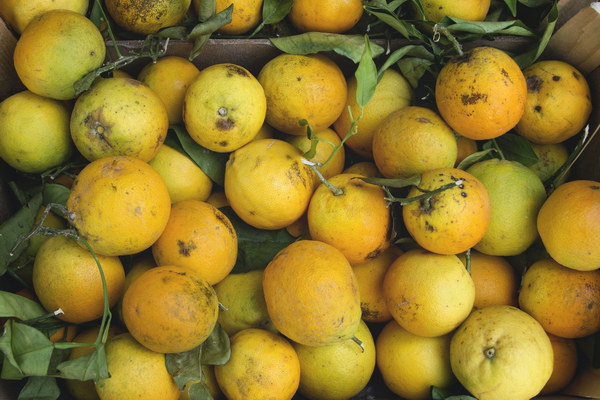
- Mucus discharge from the nose
- Dull headaches
Traditional Chinese Medicines for Damp-Phlegm Syndrome
1. Er Chen Tang (Bupleurum and Peony Decoction)
Er Chen Tang is a classic formula that aims to transform dampness into phlegm and resolve the underlying cause of the damp-phlegm syndrome. It contains bupleurum, peony, and other herbs that help to invigorate the liver, clear heat, and transform dampness.
2. Ling Gui Zhu Gan Wan (Gan Cao Decoction with Atractylodes and Alisma Pill)
This formula is used to strengthen the spleen and lung, which are the organs most affected by damp-phlegm. It contains herbs like atractylodes, alisma, and ginger, which help to promote digestion, eliminate dampness, and resolve phlegm.
3. Bu Zhong Yi Qi Tang (Tonify the Middle and Invigorate Qi Decoction)
This formula is particularly useful for those with fatigue and weakness resulting from damp-phlegm syndrome. It combines herbs such as codonopsis, astragalus, and ginseng to tonify the spleen and lung, enhance Qi, and expel dampness and phlegm.
4. Xiang Sha Liu Jun Zi Wan (Cinnamon and Atractylodes Pill)
This formula is designed to resolve damp-phlegm by drying dampness and reducing phlegm. It contains herbs like atractylodes, cinnamon, and dried tangerine peel, which help to promote digestion, resolve dampness, and improve respiratory function.
How to Take Damp-Phlegm Clearing Medicines
It's important to consult with a qualified TCM practitioner before starting any treatment, as the diagnosis and treatment of damp-phlegm syndrome should be personalized. Once a diagnosis is made, the practitioner will recommend the appropriate formula and dosage for the individual's condition.
- Preparation: The herbs are usually prepared as a decoction by boiling them in water.
- Dosage: The recommended dosage varies, but it typically involves taking the decoction twice a day, before meals.
- Duration: The duration of treatment may range from a few weeks to several months, depending on the severity of the condition and the response to the treatment.
Conclusion
Traditional Chinese Medicine offers a holistic approach to addressing damp-phlegm syndrome, utilizing a variety of herbal formulas that target the root cause of the imbalance. While these remedies can be effective, it's essential to work with a knowledgeable practitioner to ensure the correct diagnosis and treatment plan. By combining herbal therapy with lifestyle adjustments such as diet, exercise, and proper rest, individuals can effectively manage damp-phlegm symptoms and improve their overall well-being.
